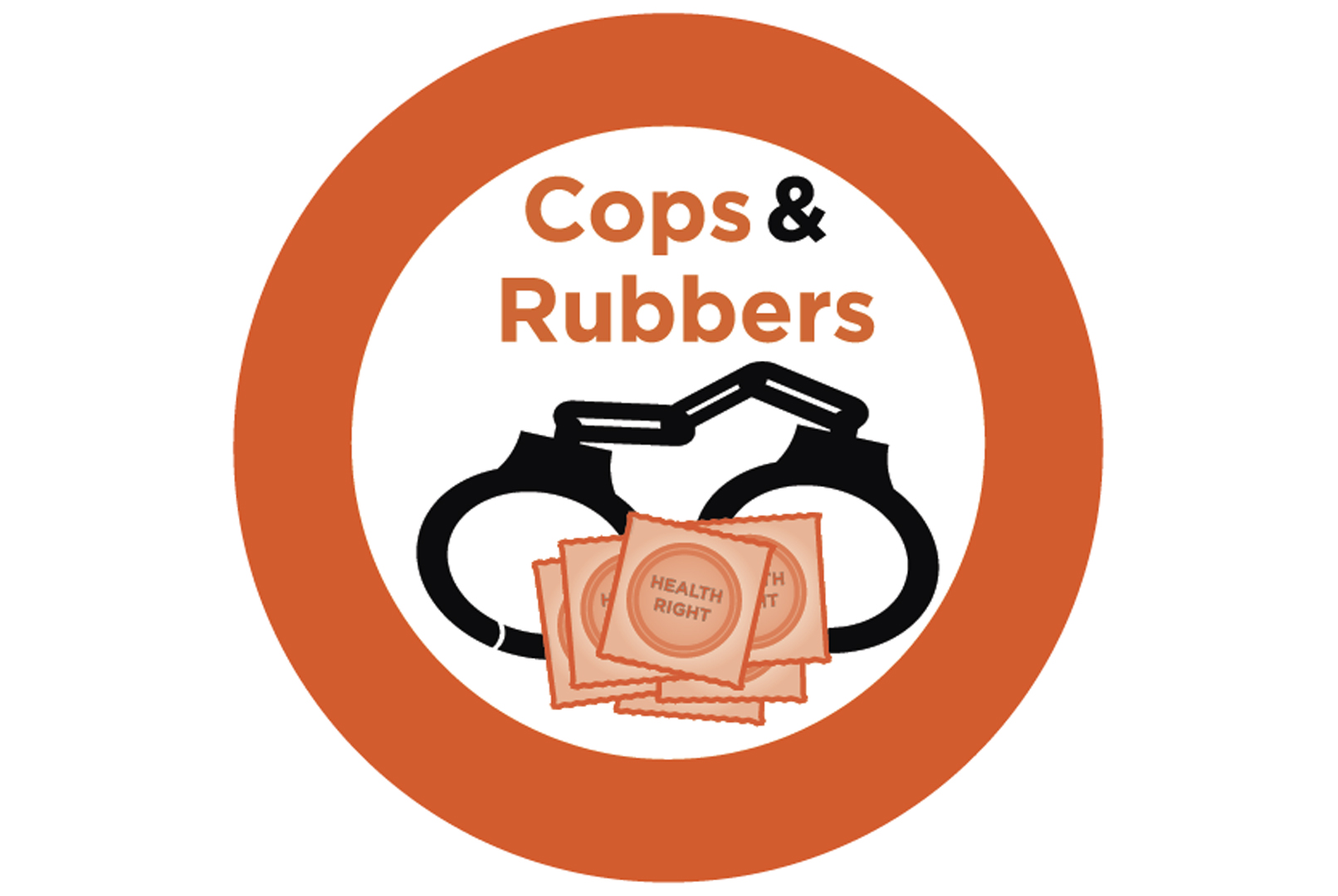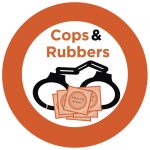“Cops and Rubbers” by Lien Tran
Title:
- Cops and Rubbers
Artist(s) and People Involved:
Exhibiting Artist(s):
Symposium:
Venue(s):
Creation Year:
- 2016
Medium:
- Web-based game
Artist Statement:
In many nations globally, sex work is a criminal activity and the active status of the condoms as evidence of prostitution policy allows law enforcement to treat condoms as contraband. Advocacy groups internationally are actively promoting to repeal the condoms as evidence policy and to decriminalize condoms. Cops and Rubbers is a web-based narrative game adapted in 2016 from a tabletop game of the same name, which was originally commissioned by Open Society Foundations and which launched at the 2012 International AIDS Conference in Washington, D.C. This serious game serves as an interactive alternative to this report by employing role-playing and interactivity. The game allows citizen voters, law enforcement, and policymakers alike to connect to the human rights and public health issues of arresting for possession of condoms from the perspective of a sex worker, including increased vulnerability to HIV infection.
In 2012, Open Society Foundations (OSF) released Criminalizing Condoms, a report documenting the practice of treating condoms as contraband in six countries – United States, Russia, South Africa, Zimbabwe, Namibia, and Kenya – and identifying their consequences on sex workers’ lives, including abuses to their health and human rights and their vulnerability to HIV. Open Society Foundations also commissioned Cops and Rubbers, a facilitated tabletop game, as a companion to this report.
In this serious game, players take on the role of one of six sex workers, who each have a set of game-end goals: to earn enough money for a personal need and to avoid a sexual transmitted infection. In each round, an outreach worker may provide each player with a condom that he or she must then hide from the police. Players can choose to hide their condom in one of three places that surveyed sex workers reported hiding their condoms: shoes or boots, purse or wallet, or underwear. If a player is caught in possession of a condom by the non-player police character, he or she must suffer the consequence, such as police damaging the condom or police extorting money or sex in exchange for avoiding arrest. All in-game police search narratives are inspired by accounts from real sex workers. Therefore, a related quote from an actual sex worker or a realworld statistic is also shared with the player to reinforce the reality of the in-game narrative. In-game character personas also cover a spectrum in terms of gender identification and sexual orientation to reinforce the reality that this practice of treating condoms as contraband is not isolated to a particular sex work demographic.
The digital adaptation of this game uses Twine, an open-source tool for telling interactive, nonlinear stories, to broaden the reach of this role-playing experience. This online version provides the same narrative as the tabletop experience but adapted for an un-facilitated, singleplayer online experience. The addition of an online game platform allows for extended advocacy efforts awareness and ultimately to increase opposition to the practice of using condoms as evidence of prostitution.
These ingame character narratives provide players the opportunity to role-play, a theoretical concept dating back to G. H. Mead, who defined role-playing as being empathetic toward a character and adopting the character’s point of view. Allowing players to temporarily step into the shoes of a sex worker reduces the influence of stigma, particularly as each character has two key goals that are relatable to a general audience: earning money for their personal needs – such as paying rent, providing for loved ones, or saving for education or medical expenses – and protecting their health.
Role-playing as a sex worker provides the opportunity for players to develop empathy for this typically marginalized community. Preliminary data from a 2014 quasi-experimental study indicates that knowledge gain was statistically equivalent between participants who played Cops and Rubbers compared to participants who read the Criminalizing Condoms report but that game players were more likely to oppose the policy. Thus, the game is an effective advocacy tool that can elicit players’ personal reactions and conclusions regarding these policing practices, including increased intentions to oppose the condoms-as-evidence issue.
Other Information:
This work was commissioned by Open Society Foundations (OSF).






